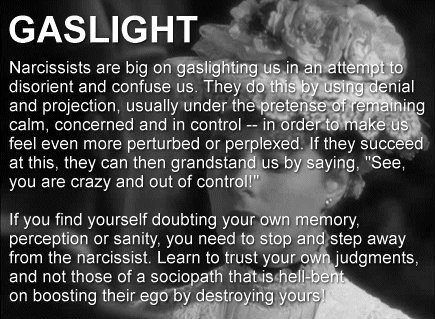False altruism is one of the most harmful and common hypocrisies. They are these people known as “saviors of the homeland”: people who do good not to do good, but to maintain their own well-being. We are undoubtedly faced with the classic narcissistic ambush, in which the person is able to manipulate “help” into a true emotional slave.
Strange as it may seem, there are many psychologists who advise on the importance of thinking about this. Pure and selfless altruism is not always natural. We are not all subject to genuine empathy, although we know clearly that cooperative behavior, as such, has allowed us to survive as a species.
“A big mistake: do you think more important than you are and feel less than you’re worth?”
False altruism coexists openly with each other. There are those who show us extreme kindness, interest and attention to recover something.
Politicians do this, some family members and business leaders do it with their employees because they know that kindness and interest improve the efficiency of their work, until, of course, the day comes when the employee gets sick or has a family emergency and the boss altruism disappears out of nowhere.
As we have seen, there are multiple hidden interests behind acts of apparent compassionate empathy on which we must remain vigilant. In addition, we can also use many of those subconscious behaviors that ultimately evoke a narcissistic personality that we often don’t even notice.
Imagine a mother or father who devotes exclusive attention to her children, who in turn are already cultivated, emancipated and try, with difficulty, to move away from this sometimes intrusive figure, who in the face of the need to help leaves no room for anything. Freedom.
This mother or father is aware that her child can perform perfectly on her own, however, she must show constant attention to feel better, to receive validation.
It is so common that it is not uncommon to know that a loved one has lived this situation in his own skin, however, reality can be much more complex if we look beyond our family environment, much of our society practices this false altruism fueled by narcissism itself.
On the other hand, sociology says that our world is becoming increasingly narcissistic and that the generation of?Me and I grow up every day. This may certainly seem daunting, but our social media, YouTube channels or so many personal Instagram accounts, for example, increase this need to get attention; “Look at me!” “Follow me!”, “Look at one like!”
On the other hand, there are also many celebrities who, through their social networks, show their altruistic acts, their commitments to different social causes or their collaborations with different organizations, NGOs, etc. Most of the time, it’s just an “image sale. “. ” These people practice false altruism to convince us of their goodness.
A specific case in which it can be thought of whether it was false altruism or solidarity empathy is the case related to Bill Gates.
There was a time when the lack of philanthropy of one of the most recognized and multimillion-dollar personalities on our planet was known. Microsoft has made a lot of money and hasn’t even spent a small part on social causes.
After marrying, Gates and his wife created the Bill and Melinda Gates Foundation, one of the most contributing money in various social, health and educational fields today.
There is no doubt that Gates himself may have thought about the need to contribute to such causes and bring something good to society and the world at large, in this case we are talking about solidarity empathy. It may also be that your advisors consider this ethical commitment necessary to improve the image of the company.
On the other hand, it may also be the moment when Bill Gates himself felt the need to contribute financially, with the sole purpose of feeling good about himself, the social recognition that he could get from that was something that satisfied him. , we are talking about false altruism.
As we have seen before, what is most desired for our society is this dimension that we must all practice on a daily basis: empathetic solidarity.
Amin Maalouf, a well-known Franco-Lebanese writer specializing in social problems, discrimination and ethnic conflict, says educating empathy from an early age would help build a more united humanity; however, today’s dynamics are increasingly pushing us toward disorderly and harmful narcissism.
False altruism is there, reflecting an additional practice of narcissistic personality and, therefore, it is necessary to know how to recognize. These would be its main features:
In conclusion, while we are all important, unique and exceptional, we must never forget our commitment to others, the sense of cooperation and the great emotional value that can derive from genuine and empathetic solidarity, without hidden interests.

